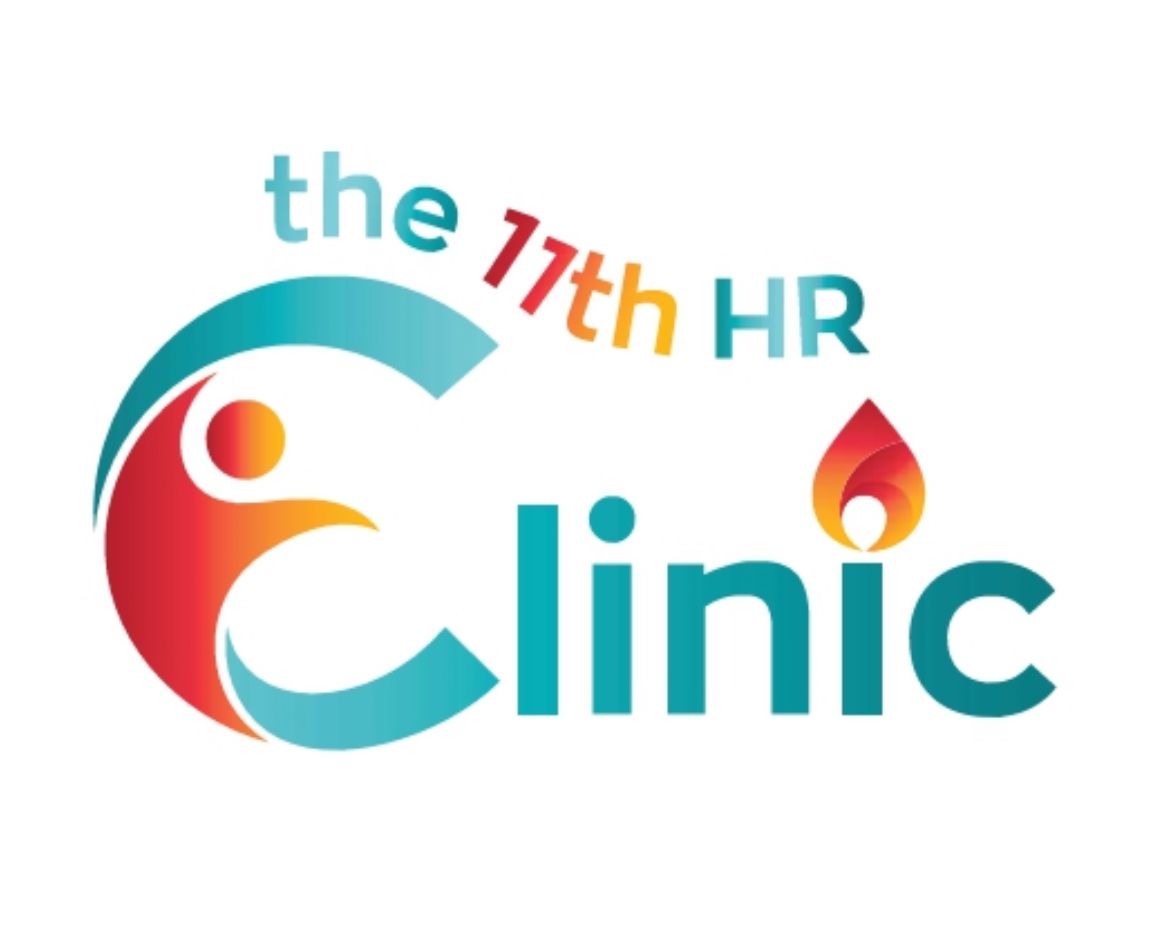The Emotionally Present Father: A New Model of Leadership
Reclaiming fatherhood through emotional leadership, early bonding, and trauma-informed parenting
Australian fathers today are stepping into fatherhood during a time of change. With updated national policies supporting
paid parental leave for fathers, men are now better positioned than ever to build strong, secure bonds with their children from the very beginning. Shifts in social expectations supported by legislative changes have allowed space for men to step up with heart led leadership. But for many men, especially those navigating trauma, intergenerational disconnection, or outdated ideas of masculinity, being an emotionally available father may still feel uncertain or even uncomfortable.
At the 11th hour clinic, we support fathers in making that shift, from protector and provider to present and emotionally engaged leader. Using the Circle of Security framework and a heart-led leadership approach, we help men heal old wounds and create the kind of father-child bond that shapes resilience for life.
Parental Leave in Australia: A Cultural Shift for Dads
In July 2023, the Australian Government updated its Paid Parental Leave scheme, extending it to 20 weeks of paid leave shared between both parents, with a reserved portion now available specifically for fathers and partners. The changes aim to encourage more fathers to take early leave, build a stronger bond with their baby, and support gender equality in caregiving roles (Australian Government, 2023). Yet despite growing public support, many men still fear stigma, worried that stepping back from work to step into fatherhood may be seen as weakness. We challenge that view.
Choosing to take parental leave is not an exit from responsibility, it is a bold act of leadership. Bonding with your baby, supporting your partner, and learning to tune in emotionally is not just good for your child, it’s good for your own wellbeing, mental health, and identity as a father (O’Brien & Brandth, 2022).
Why Early Bonding Matters for Fathers
Attachment theory shows that a secure bond between child and caregiver is foundational for emotional and cognitive development (Bowlby, 1969). Traditionally, attachment research focused on mothers, but we now know that
fathers are just as crucial,
especially in how they contribute to
emotional regulation, exploration, and resilience.
When fathers take early leave and actively engage in caregiving, it promotes:
- Better child mental health and behaviour
- Increased confidence and attunement in parenting
- Reduced risk of postnatal mental health challenges in both parents (D’Agostino et al., 2022)
Circle of Security: A Map for Fatherhood
The
Circle of Security framework provides a simple model to help fathers understand their child’s emotional world, how to support them when they explore, and how to comfort them when they return for safety and connection. At its core, circle of security training encourages parents to be
"bigger, stronger, wiser, and kind". A
beautiful expression of the kind of leadership fathers are naturally equipped to provide. The model is especially impactful for men navigating:
- A lack of role models for emotional fathering
- Post-trauma disconnection from loved ones
- High-conflict or separated family dynamics
- Transitioning into active caregiving roles
Studies have shown that circle of security training improves parenting confidence, enhances emotional connection, and reduces intergenerational patterns of emotional shutdown (Hoffman et al., 2006; Yaholkoski et al., 2016).
Heart-Led Fatherhood: Redefining Strength
Heart-led leadership challenges the outdated belief that strength comes from stoicism and detachment. Instead, it frames
empathy, vulnerability, and emotional availability as the
new gold standard of leadership, in business and at home. For fathers, this means:
- Learning to sit with your child’s big feelings
- Regulating your own emotions in moments of stress
- Repairing ruptures rather than withdrawing from them
- Leading by example in emotional expression
In fact, children of fathers who model emotional presence are more likely to develop secure attachment and healthy coping mechanisms (Morelen et al., 2016).
It’s not about being perfect, it’s about being present.
What About Fathers with Trauma?
If you’ve experienced trauma, whether from your own upbringing, relationship breakdowns, or mental health challenges, bonding with your child may feel difficult or overwhelming. You are not broken. You are not disqualified from being a good father. Attachment repair is always possible, and it begins with
awareness and support. Research shows that even fathers with complex trauma histories can form secure attachments with their children, especially when they receive relational support (Berlin et al., 2008). Through circle of security training and therapy, you can learn to:
- Understand your child’s cues
- Reflect on your emotional patterns
- Create safety and trust, even after rupture
How the 11th hour clinic Supports Fathers
At the 11th hour clinic, we offer
evidence-based, trauma-informed, and father-friendly services designed to help you step confidently into your caregiving role. We work with dads across all family structures, from new fathers to separated parents, veterans, FIFO workers, and everything in between. We offer:
- Circle of Security Parenting for Fathers (group and individual)
- Trauma-informed therapy with a focus on fatherhood
- Parental leave transition coaching and identity support
- Heart-led leadership sessions for emotionally intelligent parenting
- Attachment-based support for navigating separation or blended families
Strength in Showing Up
The face of fatherhood is changing. Policy is changing. Culture is changing. And now, men are changing too. Choosing to be more present, more attuned, and more courageous in their relationships with their children. You don’t have to choose between
being respected and
being emotionally available. You can lead with heart, raise secure children, and still stand tall in your identity as a man and a father. Let us support you on that journey.
References
Australian Government. (2023). Paid Parental Leave Scheme Changes – July 2023. [Services Australia].
https://www.servicesaustralia.gov.au.
Berlin, L. J., Appleyard, K., & Dodge, K. A. (2008). Intergenerational continuity in child maltreatment: Mediating mechanisms and implications for prevention.
Child Development, 79(2), 396–412.
Cassidy, J., Woodhouse, S. S., Sherman, L. J., Stupica, B., & Lejuez, C. W. (2013). Enhancing infant attachment security: An examination of treatment efficacy and differential susceptibility. Development and Psychopathology, 25(1), 109–124.
D’Agostino, R., Gemmell, E., & D'Addario, M. (2022). Fathers’ engagement during early infancy: Effects of paternity leave on attachment and co-parenting. Infant Mental Health Journal, 43(4), 523–538.
Hoffman, K. T., Marvin, R. S., Cooper, G., & Powell, B. (2006). Changing toddlers’ and preschoolers’ attachment classifications: The Circle of Security Intervention. Journal of Consulting and Clinical Psychology, 74(6), 1017–1026.
Morelen, D., Shaffer, A., Suveg, C., & Thomassin, K. (2016). Emotion regulation in parenting: Linkages to parental emotion regulation and child emotion regulation. Journal of Family Issues, 37(13), 1891–1916.
O’Brien, M., & Brandth, B. (2022). Fathers, parental leave and gender equality: Global lessons and policy developments. International Journal of Sociology and Social Policy, 42(9/10), 891–905.
Yaholkoski, A., Hurl, K., & Theule, J. (2016). Efficacy of the Circle of Security intervention: A meta-analysis. Journal of Infant, Child, and Adolescent Psychotherapy, 15(2), 95–103.



